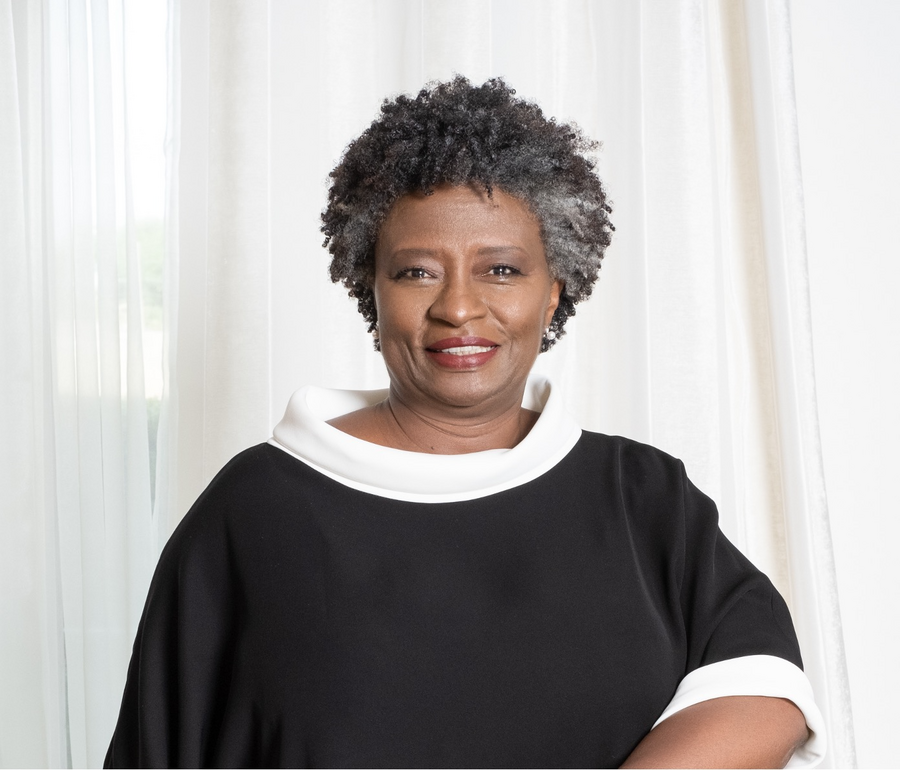
Dr Magda Robalo, Co-Chair, UHC2030 Steering Committee
Dr Magda Robalo is the President and co-founder of The Institute for Global Health and Development. She is an infectious disease physician and public health expert, whose career spans for over 30 years in the global health ecosystem. With her extensive experience in health policy and advocacy, Magda has championed equitable access to healthcare for all, especially the most vulnerable populations. She spearheaded successful initiatives in her current role as President and Co-Founder of The Institute for Global Health and Development and as former Minister of Public Health, Presidential High Commissioner for the COVID-19 response in Guinea-Bissau, WHO Representative, WHO Director of Communicable Diseases and Global Managing Director of Women in Global Health.
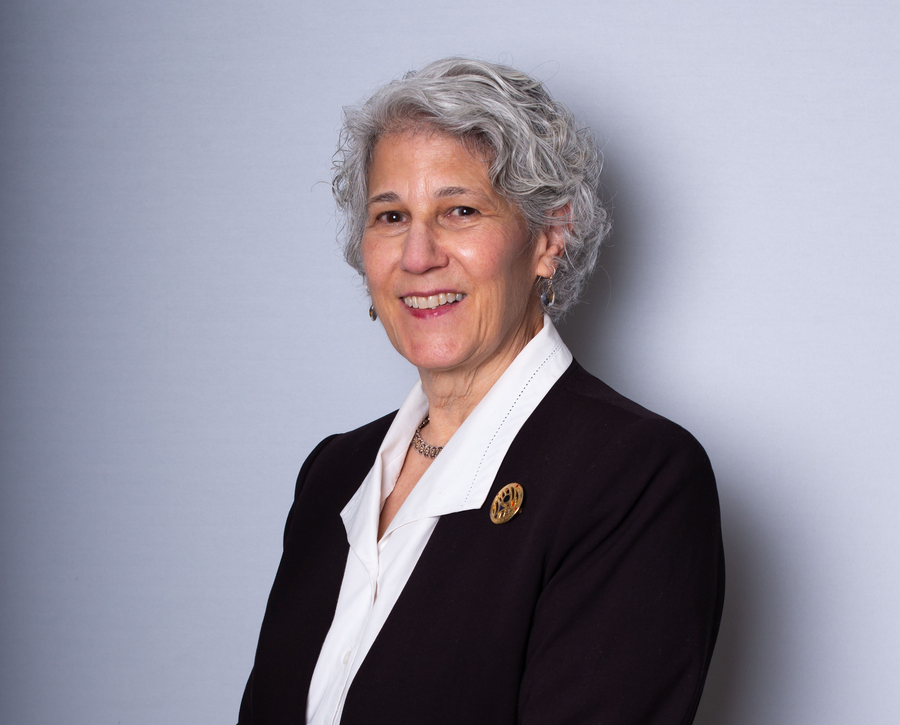
Dr. Pamela Cipriano, Co-Chair, UHC2030 Steering Committee
Dr. Pamela Cipriano, an internationally recognised nursing leader, is the 29th President of the International Council of Nurses (ICN) and a Professor at the University of Virginia’s School of Nursing and Batten School of Leadership and Public Policy in Charlottesville, VA. She previously served as Dean of the UVA School of Nursing, ICN’s First Vice President and two terms as the president of the American Nurses Association. During her over 40-year career, she has led efforts to advance the role and visibility of nurses and increase nursing’s impact and influence on policy. She has led interprofessional executive teams, boards of directors, committees, and global and national task forces, working with country level leaders to improve care, execute health policies, and advocate for improved access to care.
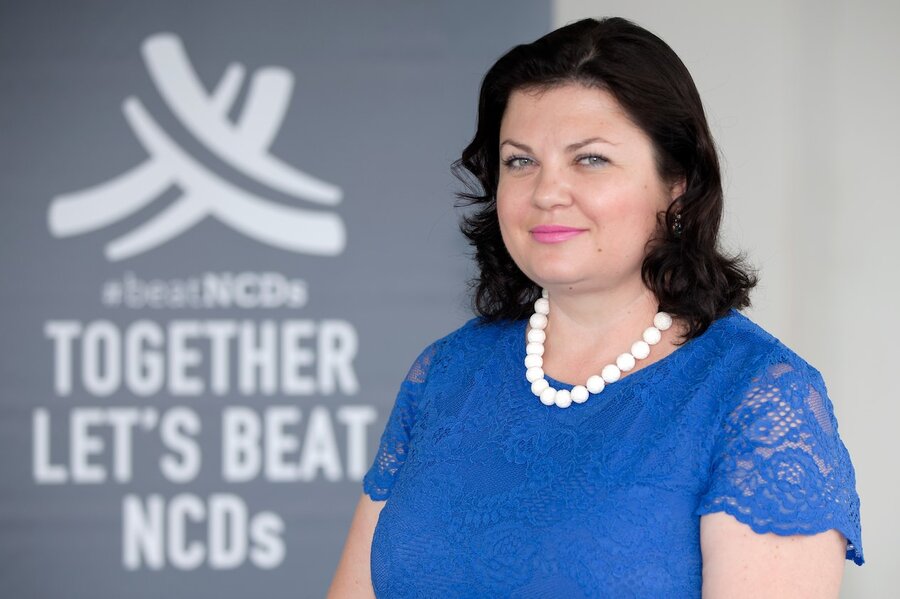
Dr Svetlana Akselrod, Director, Global NCD Platform
Dr Svetlana Akselrod is Director of the World Health Organization (WHO) Global Noncommunicable Diseases (NCD) Platform and leads coordinated multisectoral and multi-stakeholder action in the fight against major killers of our time – NCDs. The Global NCD Platform brings together the UN Inter-Agency Task Force on NCDs and the Global Coordination Mechanism on NCDs and oversees a number of other cross-cutting initiatives on NCDs at global, regional and country levels.
Before that, Dr Akselrod held the position of WHO’s Assistant Director-General for NCDs and Mental Health, leading WHO’s work in tackling NCDs and their major risk factors. She led the preparatory process for the Third United Nations General Assembly High-level Meeting on NCDs, coordinated the work of the WHO Independent High-level Commission on NCDs and co-chaired the WHO Civil Society Working Group on NCDs. Before joining WHO, Dr Akselrod served for more than 11 years in high-level roles at the Ministry of Health of the Russian Federation, holding the position of Deputy Director at the Department of International Cooperation and Public Affairs. Among Dr Akselrod’s key professional achievements were the inclusion of NCDs, HIV/AIDS, tuberculosis, maternal and child health, antimicrobial resistance and malaria as key priorities in the national and international agendas of the Russian Federation.
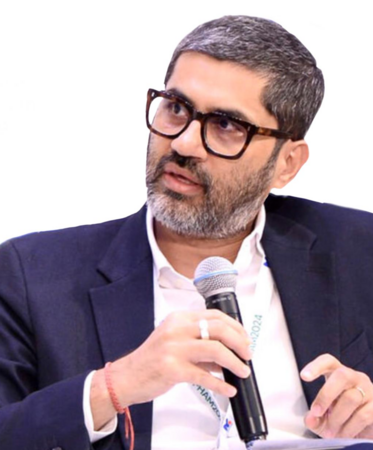
Dr Rajat Khosla, Executive Director, PMNCH
Rajat Khosla is the PMNCH Executive Director. Prior to this role, he served as the Director of the International Institute on Global Health (UNU-IIGH). Dr Khosla works on women, children and adolescent health through the intersections of research, policy and practice. Over the last twenty years, his work has focused on global health and inequalities, sexual and reproductive health and rights, gender equality, and health equity. He previously worked at the World Health Organisation, the UN Office of the High Commissioner for Human Rights, and held a variety of research and policy roles with civil society organisations and think tanks such as the Centre for the Study of Developing Societies and the International Environmental Law Research Centre. He also advised numerous organizations such as UNDP, UNICEF, UNFPA and others on issues related to women, children and adolescent health. Dr Khosla is an Adjunct Research Professor at the University of Southern California Institute on Inequalities in Global Health and a Visiting Fellow at the University of Essex Human Rights Centre. He is also a member of the UNU-IIGH Gender and Health Hub High-level Advisory Committee.
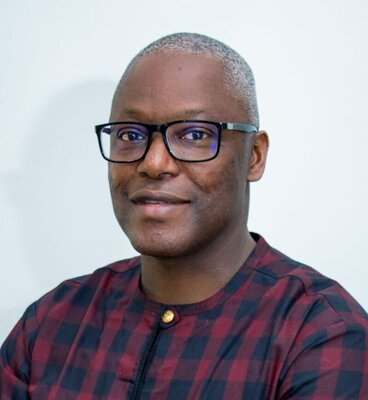
Dr Michael Adekunle Charles, Chief Executive Officer, RBM Partnership to End Malaria
Dr Michael Adekunle Charles is the Chief Executive Officer at the RBM Partnership to End Malaria, which brings together over 500 partners dedicated to eliminating the disease. His leadership is dedicated to putting malaria high on the global health agenda, maintaining the visibility of the partnership and pursuing interventions that holistically address the disease and the way it interacts with other factors such as climate, human rights, community rights, gender, poverty and inequity. He is passionate about coordinating malaria interventions, strengthening health systems and working with partners around the world to bring together the right tools to combat the disease.
A seasoned leader and medical doctor, Dr Charles also served at the International Federation of Red Cross and Red Crescent Societies for 17 years, where he was at the helm of strategically aligning the organization's Africa vision to meet evolving needs. He is an ardent humanitarian and international diplomat who has led teams around the world in delivering diverse and impactful humanitarian and development programmes.
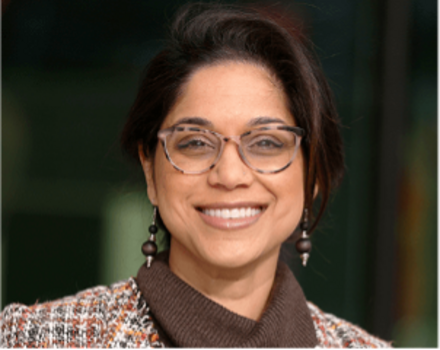
Dr. Angeli Achrekar, Deputy Executive Director for the Programme Branch, UNAIDS
Dr. Angeli Achrekar is the Deputy Executive Director of the Programme Branch at the Joint United Nations Programme on HIV/AIDS (UNAIDS) and an Assistant Secretary-General of the United Nations.
Prior to joining UNAIDS in January 2023, Ms Achrekar served as the Principal Deputy U.S. Global AIDS Coordinator for the U.S. President’s Emergency Plan for AIDS Relief (PEPFAR). Over the past 20 years with the U.S. government and PEPFAR, she has held prominent positions helping to lead the largest global health effort of the U.S. government to ensure life-saving HIV prevention and treatment services to millions of people around the globe and to strengthen health and community systems across 50 countries.
She is a passionate public servant, dedicated to advancing global health and development across sectors, especially for women and girls. Over the years, she has helped evolve the program for more person-centered care, protecting and increasing HIV/AIDS gains while also capacitating countries for broader healthcare delivery. Her deep program, policy and partnership development experience at the global and country levels has cultivated strong multi-sectoral partnerships for large-scale and transformational impact, fundamental to ending the AIDS pandemic.
She holds a Doctorate of Public Health from the University of North Carolina at Chapel Hill, a Master of Public Health from Yale University, and a Bachelor of Science from the University of California, Los Angeles.
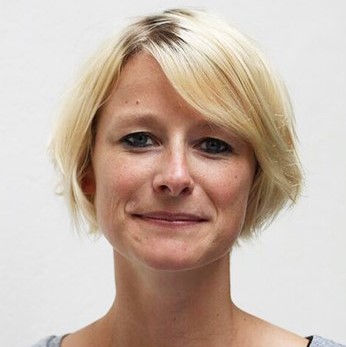
Ms Katie Dain, CEO, NCD Alliance
Katie Dain is Chief Executive Officer of the NCD Alliance, a global network of civil society organisations dedicated to transforming the fight against non-communicable diseases (NCDs). Katie has worked with the NCD Alliance since its founding in 2009.
Katie is widely recognised as a leading advocate and expert on NCDs. She co-chairs the WHO Civil Society Working Group on NCDs, and has served as a commissioner on the WHO Independent High-Level Commission on NCDs, The Lancet Commission on NCDIs of the Poorest Billion, The Lancet Commission on Global Oral Health, and The Rockefeller-Boston University Commission on Health Determinants, Data and Decision-making (3-D Commission). Katie is also a member of the Steering Committee for the Coalition for Access to NCD Medicines and Products.
Her experience covers a range of sustainable development issues, including global health, gender equality and women’s empowerment, violence against women, and women’s health. Before joining the NCD Alliance, she held a series of policy and advocacy posts in international NGOs and government, including the International Diabetes Federation (IDF) in Brussels, leading their global policy and advocacy programme; the UK Government as a gender policy adviser; Womankind Worldwide, a women’s rights organisation; and the Terrence Higgins Trust (THT), a HIV and sexual health charity.
She has a BA in History from Sheffield University, and a Master’s degree in Violence, Conflict and International Development from the School of Oriental and African Studies (SOAS), London.
